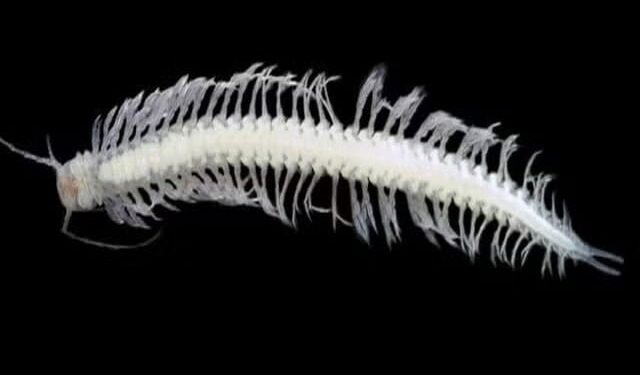FRANKFURT: The venom of a cockroach-like creature from an underwater cave in the Mexican peninsular state of Yucatan has the potential to treat neurological diseases such as epilepsy and chronic pain, a new study has revealed.
In the past, venoms from snakes, spiders, scorpions and insects have been found to be capable of making large-scale medicines. But the venom of marine animals has not been studied with such attention.
In a new study conducted at Goethe University Frankfurt in Germany, researchers examined the venom released by the rampad, a sea worm that looks like a palm tree and lives in underwater caves.
Rampids are the only crustaceans (invertebrates that are a subgroup of arthropods) with a described venom system, the researchers said in the study.
Rampeds inject a neurotoxin produced by their venom glands directly into their prey to paralyze them.
The venom contains a small protein called zybalbin that resembles the properties of spider venom proteins.
These proteins can also inhibit the transmission of nerve signals involved in the sensation of pain, opening new avenues for pain treatment.

























